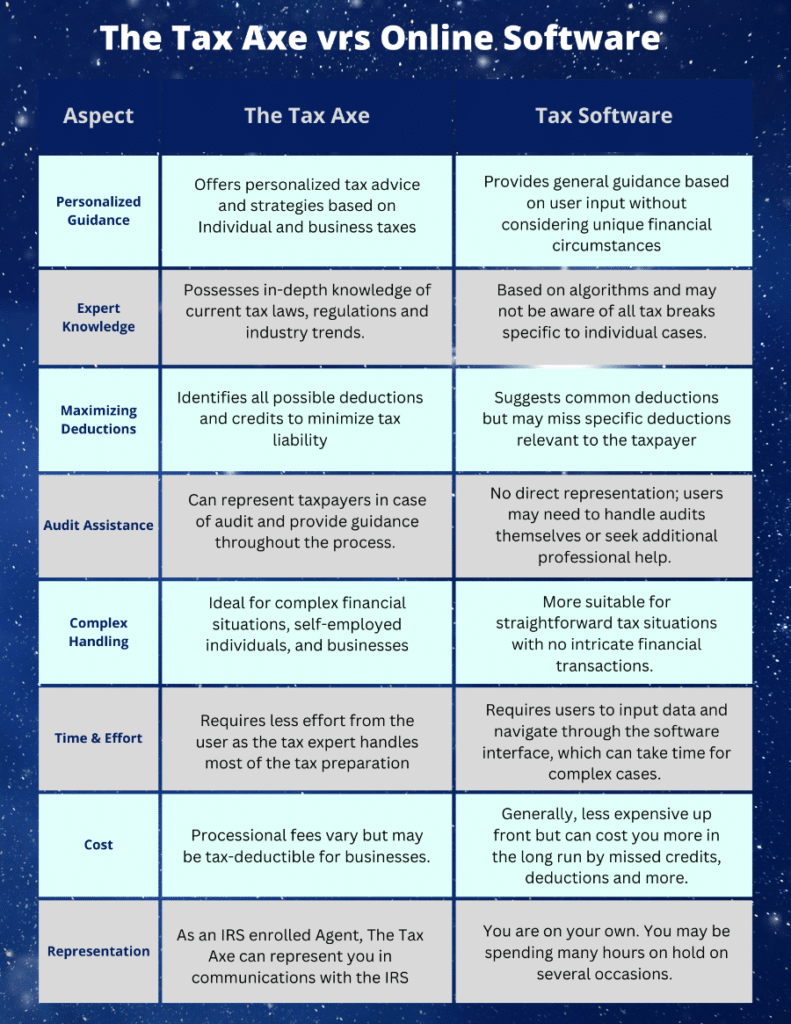Farming, Gardening, and Tax Tips for Home Produce Sellers
As fall rolls in and market season hits its peak, many local gardeners, hobby farmers, and homesteaders begin turning their summer harvests into side income. Whether you’re selling fresh produce, jams, herbs, eggs, or even baked goods at weekend markets or through community groups, it’s important to understand how these harvest hustles can affect your taxes.
You may think of yourself as a hobbyist—not a business owner—but when money changes hands, the IRS starts paying attention.
Are You Running a Hobby or a Business?
The IRS draws a clear line between hobbies and businesses, and it comes down to intent and profit.
Ask yourself:
Do you intend to make a profit?
Are you keeping records of income and expenses?
Do you rely on this income?
Are you marketing or promoting what you sell?
If you answered “yes” to any of these questions, the IRS may consider your harvest hustle a business, not a hobby. That means your income is taxable—but it also means you might qualify to deduct your expenses.
What Income Should Be Reported?
All income made from selling goods—whether at a farmer’s market, online, or from your front porch—must be reported on your tax return. Even if:
You didn’t receive a 1099
You only made a few hundred dollars
The transactions were in cash
It all counts. And failing to report this income could raise red flags if the IRS catches a pattern later.
What Expenses Are Deductible?
If your activity qualifies as a business, you may be able to write off:
Seeds, soil, fertilizer, or plants
Tools and equipment
Farmers market fees or booth rentals
Packaging and labeling supplies
Advertising and signage
Mileage for delivery or supply runs
A portion of your home used for produce prep or storage
Just make sure to keep detailed receipts and logs. Good records matter in the event of an audit—and they make tax filing much smoother.
State and Local Rules Matter, Too
Beyond federal taxes, check your local and state regulations:
Some areas require seller’s permits or food safety certifications
You may be subject to local sales tax collection
There might be limits on what you can sell if it’s made in a home kitchen
It’s always a good idea to check with your state department of revenue or local agricultural extension office.
Tip: Keep Business and Personal Finances Separate
Even small sellers can benefit from setting up a separate bank account for their harvest hustle. It simplifies bookkeeping, builds credibility, and helps you track your profitability over time.
Selling your homegrown goods can be a rewarding way to bring in extra income—but don’t let tax season catch you off guard. Understanding the basics now will help you avoid penalties and make smarter financial decisions as your side venture grows.
Thinking of turning your fall harvest into a profitable side gig? Let’s make sure you’re covered, from farm stand to tax form.
📞 Let’s talk taxes:
https://ilovedoingtaxes.net/schedule-now/
📱 Or call (678) 675-4268


